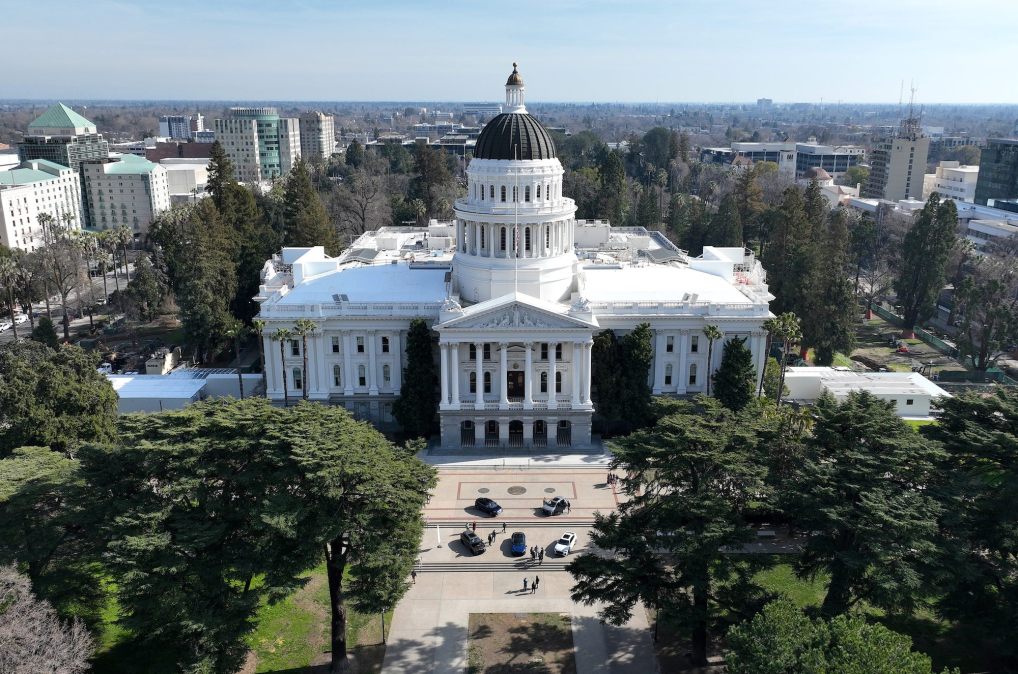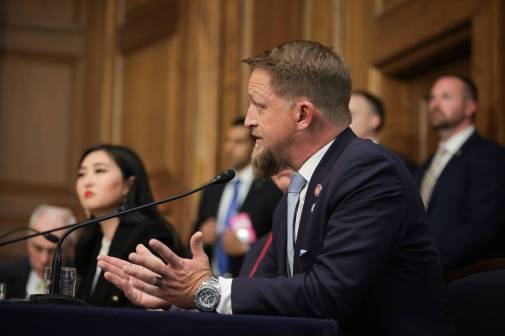California ‘AI Accountability Act’ would watch state government, urge private regulations

A California senator this week introduced a bill that seeks to build upon Gov. Gavin Newsom’s recent efforts to regulate the use of artificial intelligence and codify those initiatives into law.
Building on AI directives issued by Newsom in September and President Joe Biden in October, the California AI Accountability Act, SB 896 introduced Thursday by Sen. Bill Dodd, would require California state agencies to notify users when they are interacting with AI, among other provisions.
“The executive order was a good framework,” Paul Payne, Dodd’s press secretary, wrote in an email to StateScoop. “Our legislation adds specificity and makes it all state law. It applies to state government agencies and prepares state government with tools to respond to AI.”
The bill’s language acknowledges the potentially beneficial uses of generative AI and risks in areas such as “democratic and legal processes, biases and equity, public health and safety and the economy.” It also proposes periodic evaluations to revise AI guidelines when necessary and would direct the California Government Operations Agency, the Department of Technology and the Office of Data and Innovation to produce reports on the risks and benefits of AI in the state.
Additionally, the bill encourages collaborations between the state’s universities and the private sector to train students to meet AI workforce development needs, particularly related to ethical, privacy and security concerns.
“By now we all recognize the tremendous capability of artificial intelligence to improve our lives and the functioning of government,” Dodd said in a press release. “But we also see its potential downsides – specifically, the threat to consumer privacy, transparency and fairness. My proposal will help identify the risks of these emerging systems and develop appropriate guidelines to protect our state and the public.”
In addition to governing state government itself, the bill also says California “should encourage the private sector to adopt these practices and safeguards.” Payne noted in an email that while the legislation recommends the private sector adopt best practices, nothing is mandated.
Last year, the California legislature unanimously adopted a resolution introduced by Dodd that established the state’s commitment to examining and implementing “specified principles” related to the use of AI.
Nearly a month after the resolution was adopted, Newsom signed his executive order directing state agencies to study AI in order to develop guidelines for the technology’s use in state government. A state AI task force in November issued its first report, which identified six ways the state could potentially use generative AI — and raised a slate of concerns, ranging from the possibility of AI being used to wage misinformation campaigns to its use in the creation of biochemical or nuclear weapons.






